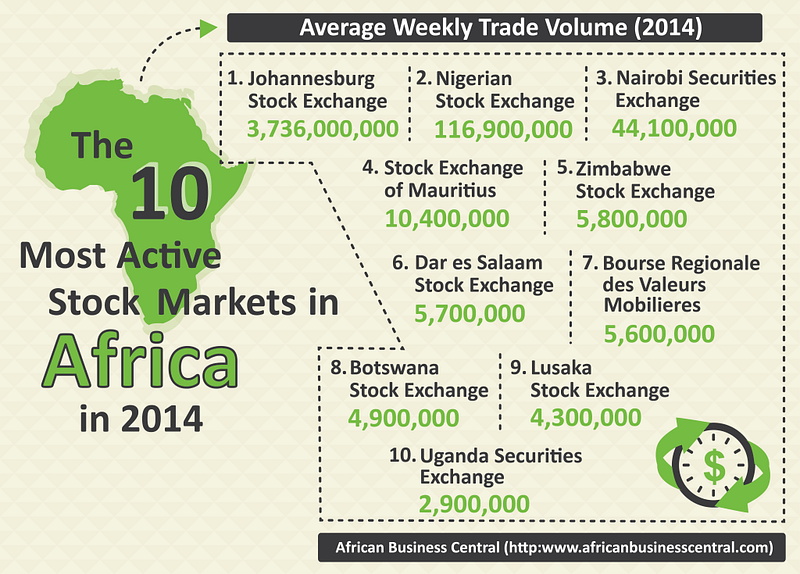At a time when the coronavirus has wreaked havoc around the world and businesses are increasingly searching for liquidity to survive the attendant economic crunch, the Algiers Stock Exchange has opened its doors to small scale businesses (SMEs) and startups to list their stocks for public subscription. If successful, this would be the first ever listing by a small scale business on any stock exchange in Algeria, although a legal framework to that effect had been put in place way back in 2012.

“To be admitted to the Algiers Stock Exchange, the company must have made profits during the financial year preceding its application for admission. But for the year 2020, we are going to set up a derogation so that the health crisis is not a brake for the IPO, provided that the fall in turnover is directly linked to the pandemic and not to other reasons,” said Abdelhakim Berrah, president of the Commission for Organization and Supervision of Stock Exchange Operations (Cosob), Algeria’s financial market regulatory authority.
Here Is What You Need To Know
- The Commission said it received in 2020 two new requests for listing on the Algiers Stock Exchange.
- These are two SMEs (small and medium-sized enterprises) which have officially submitted their applications to Cosob in order to make their entry on the Algiers Stock Exchange, which had opened a dedicated compartment exclusively to this type of business in 2012, according to Berrah.
- The first request concerns a company active in the agro-food sector which aspires to raise funds in the order of one (1) billion dinars ($7.7 million).
- Also submitted by an SME active in the tourism sector, the second request concerns an operation to issue equity securities for a total amount of 10 billion dinars ($77.5 million), over a period of three years in one or more installments, as needed.

Read also: Hackers Invade Ride-hailing Startup SWVL’s Database, Gain User Information
- In 2019, Cosob launched a survey with the aim of identifying the SMEs eligible for IPOs.
- The work resulted in the identification of a dozen companies, “many of which have officially expressed their intention to begin their IPO process,” said Berrah.
- Algeria is following the example of neighbouring Morocco, often quoted as an example of SME integration within the financial market in Africa.
- The Moroccan government and the BVC have introduced several mechanisms to improve SME financing, such as tax incentives with up to a 50 percent exemption on corporate tax on the three first years of listing.
What Is an IPO?
An initial public offering (IPO) refers to the process of offering shares of a private corporation to the public in a new stock issuance. Public share issuance allows a company to raise capital from public investors. The transition from a private to a public company can be an important time for private investors to fully realize gains from their investment as it typically includes share premiums for current private investors. Meanwhile, it also allows public investors to participate in the offering. A company planning an IPO will typically select an underwriter or underwriters. They will also choose an exchange in which the shares will be issued and subsequently traded publicly.
Charles Rapulu Udoh

Charles Rapulu Udoh is a Lagos-based lawyer who has advised startups across Africa on issues such as startup funding (Venture Capital, Debt financing, private equity, angel investing etc), taxation, strategies, etc. He also has special focus on the protection of business or brands’ intellectual property rights ( such as trademark, patent or design) across Africa and other foreign jurisdictions.
He is well versed on issues of ESG (sustainability), media and entertainment law, corporate finance and governance.
He is also an award-winning writer.
